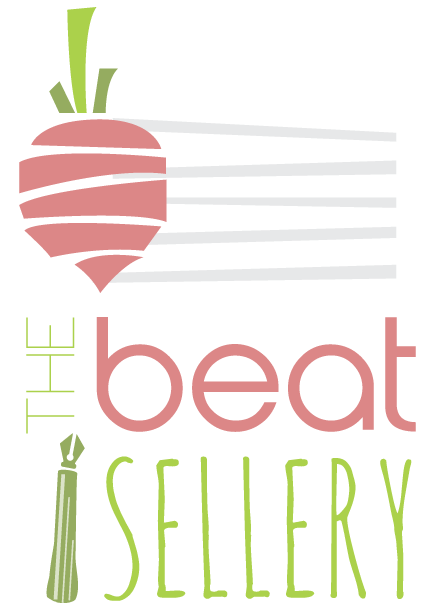music listening contest 2015
/It's a pleasure to find activities that are well-run, worthwhile, and enjoyable. The Minnesota High School Music Listening Contest is one such activity, and I want others to know how neat it is.
How does it work? Teams of three students receive a well-written study guide, three CDs of music, and a subscription to the Naxos Classical Music Library. The teams have about two and a half months to prepare by learning the pieces from the list and all kinds of facts about their composers, why they were written, and other details. Half of the music is a broad overview of music history from our earliest records to the music of the present day, and the other half focuses on one area in each of three categories. In 2015, the featured composer was Handel, the featured ethnomusic was Hawai'i, and the featured genre was guitar music.
At the regional and state contests, their are five rounds of testing. The first is a "drop the needle" style round with excerpts of music from the listening list. The second requires students to respond to short answer or multiple choice questions, also based on listening prompts from the list. The third round, the "Lightning" round, is a set of 20 very brief excerpts that students must identify. It helps that this round is set up like a matching quiz, but some excerpts are used more than once and others not at all! The fourth round is a multiple choice test with no audio prompts. The "Mystery" round is last, and students must identify music by composer and time period. The catch is that the excerpts are not from their listening list!
Last year (2014) was the first year I prepared students for the MLC. I worked with two teams, meeting once a week to listen to the music and discuss what they were learning. While we did not score well at the regional contest, everyone had a blast and wanted to return to try again in 2015. Three more students joined the original six, and one of our three teams this year made it to the state competition on February 6. It was an exciting afternoon, particularly as we watched the top two teams battle it out in a College Bowl-style competition after the regular rounds were over.
If you want to learn more about the MLC, check out their web site!


